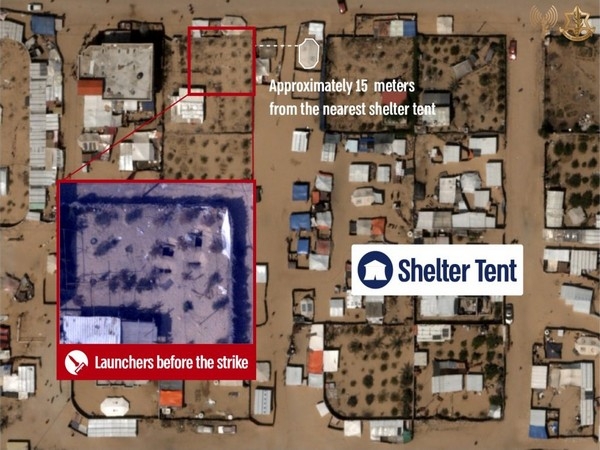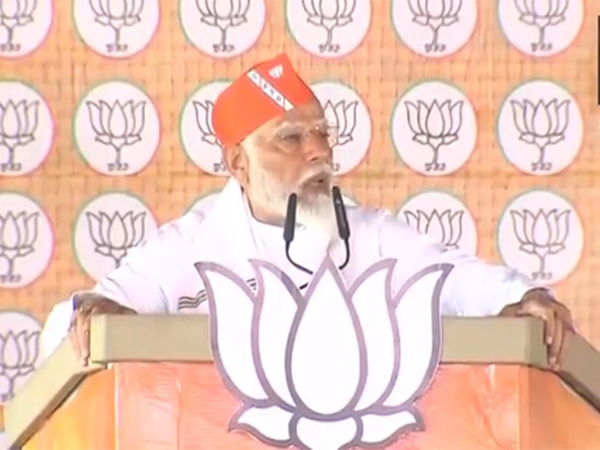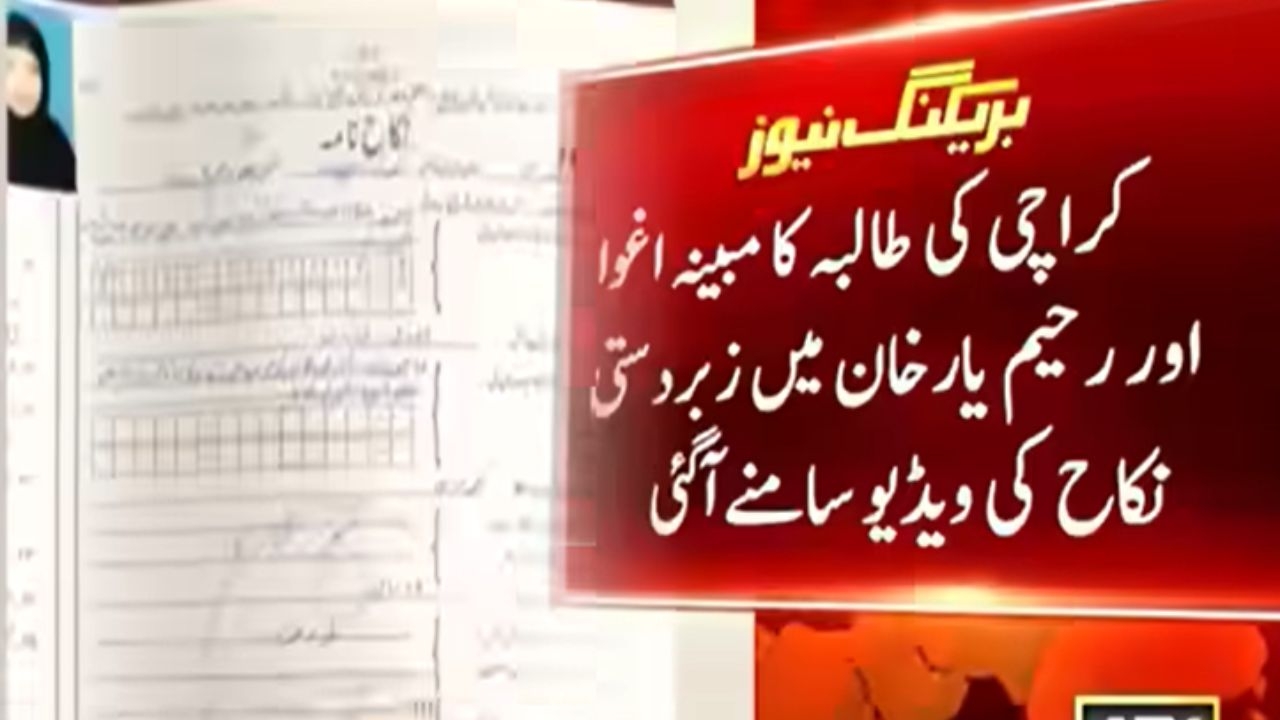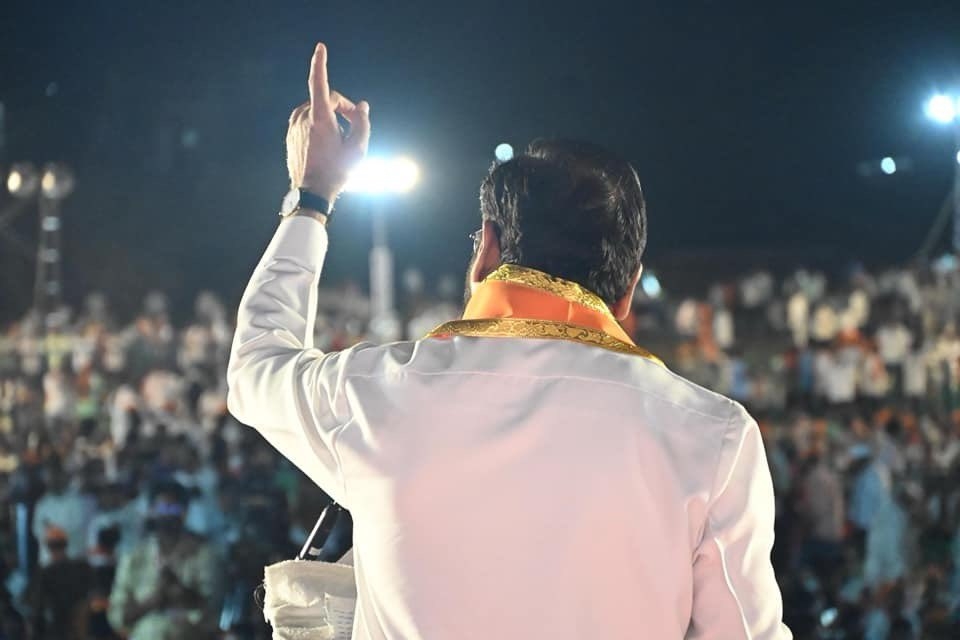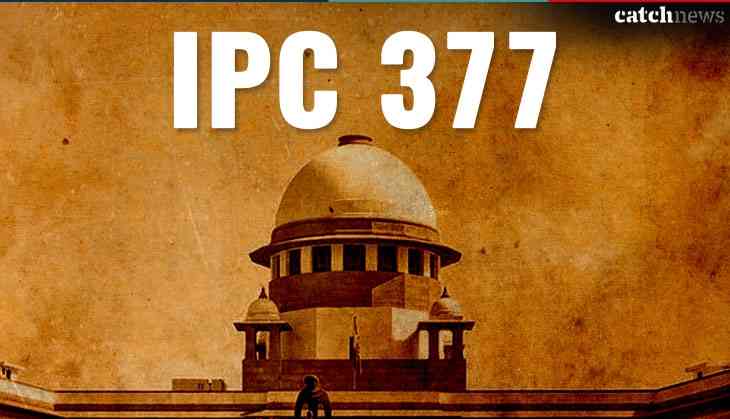
Chief Justice of India Dipak Misra will be going to pronounce the much-awaited case i.e. Section 377 of Indian Penal Code in Supreme Court of India before his retirement today (6th September 2018).
A five-judge Constitution bench headed by CJI will hear the most controversial issue today. However, the 158-year-old law criminalises the unnatural sexual activities between the two consenting adults.
Earlier on 17th July, the bench had reserved its verdict after hearing the various stakeholders, which also included LGBTQIA+ rights activists and religious outfits, for four days.
Here’s what you all you need to know about Section 377:
What is Section 377?
This section was introduced during the British rule of India from 1861, which criminalized the unnatural sexual activities including homosexual activities. Under this section, those found convicted were likely to be a prison for any period between 10 years and life. Even they were also fined for doing the crime.
Why decriminalised in India?
Section 377 of IPC was considered to be a crime and it was first raised by an NGO named Naz Foundation, which approached the Delhi High Court in 2001. After hearing, Delhi HC decriminalized the unnatural sex between the consenting adults of the same gender by holding the penal provision as "illegal" in 2209.
Once again it got re-criminalised in 2013 when Supreme Court of India overturned the 2009 judgement of the Delhi HC and restored the criminality of the same gender sexual relationship between the two. Also, the apex court dismissed the pending review plea against which the curative petitions were filed.
Section 377 case reopened:
In 2018, the case reopened in 2018 and the apex court began hearing petitions against the ban on 10th July. The debate over the section was emotional which targetted the right to freedom and privacy in the world’s largest democratic country. However, the bench made it clear that it was not going into the curative petitions and would adjudicate on the fresh writ petitions in the matter. Between July 10 and July 17, the bench heard detailed arguments for four days. On July 17, it reserved its verdict.
However, the SC had also observed that an environment that has been created in the country like India for over the years which had increased the discrimination against the various community due to which it had also adversely impacted the mental health of such people.
SC referred to the provision under the Mental Health Care Act and said that ‘it also recognises the fact that such persons cannot be discriminated against on the ground of sexual orientation".
Why no ‘right to privacy’ in India?
As we all know that the same-sex relationships have been a taboo in India. Especially, in rural areas where 70 per cent of people live, where the same-sex relationship is pronounced as a mental illness.
According to official data, 2,187 cases under Section 377 were registered in 2016 as "unnatural offences". Seven people were convicted and 16 acquitted. Globally, 72 countries criminalise same-sex relationships, according to a 2017 report by the International Lesbian, Gay, Bisexual, Trans and Intersex Association.
Names of the Judges who will be going to give the judgement are RF Nariman, AM Khanwilkar, DY Chandrachud and Indu Malhotra, including CJI Dipak Misra.
Watch Video:
Also read: Finalise draft on protection of hens: Delhi High Court to Centre
First published: 6 September 2018, 8:06 IST

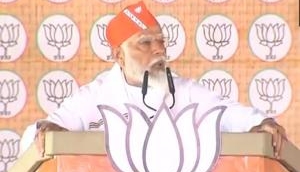




![BJP's Kapil Mishra recreates Shankar Mahadevan’s ‘Breathless’ song to highlight Delhi pollution [WATCH] BJP's Kapil Mishra recreates Shankar Mahadevan’s ‘Breathless’ song to highlight Delhi pollution [WATCH]](http://images.catchnews.com/upload/2022/11/03/kapil-mishra_240884_300x172.png)

![Anupam Kher shares pictures of his toned body on 67th birthday [MUST SEE] Anupam Kher shares pictures of his toned body on 67th birthday [MUST SEE]](http://images.catchnews.com/upload/2022/03/07/Anupam_kher_231145_300x172.jpg)


